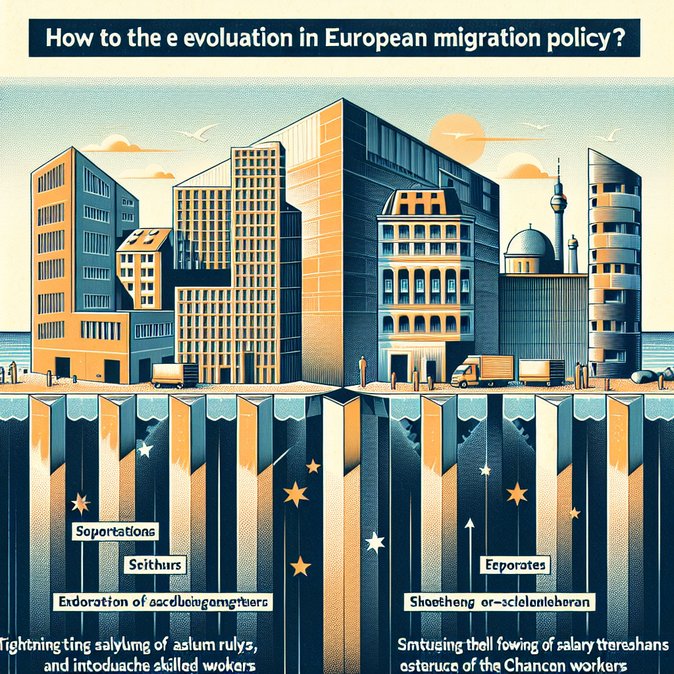
A comprehensive Reuters dispatch on 17 November 2025 mapped the acceleration of restrictive asylum and migration policies across Europe – and highlighted Germany’s own recent moves. Berlin has shortened asylum procedures, broadened the list of “safe countries of origin” to speed rejections, and eased deportations of rejected applicants and certain foreign offenders. At the same time, the federal government has pursued a contrasting talent-friendly agenda by lowering salary thresholds for the EU Blue Card and creating the points-based Chancenkarte (‘opportunity card’) for job-seekers.
The combination signals a sharper two-track strategy: tougher on irregular migration while courting qualified workers. For international employers the message is clear: highly-skilled staff face an easier path, but assignees who fall out of status may be removed more swiftly. German HR departments must therefore ensure strict compliance with registration, address updates and contract conditions, as tolerance for procedural lapses is waning.
![Germany features in Reuters roundup of Europe’s new hard-line asylum measures]()
Reuters notes that Germany still records some of the EU’s highest application numbers despite the reforms. Critics argue that faster procedures could compromise fairness and legal scrutiny; business groups, however, welcome shorter processing times, which free up immigration offices to handle work-visa cases.
Looking ahead, the interior ministry is preparing secondary legislation to tie post-arrival integration courses more closely to residency renewal – another signal that Germany is pivoting to a performance-based immigration model. Mobility teams should review onboarding support, language training budgets and audit trails to document compliance from day one.
The combination signals a sharper two-track strategy: tougher on irregular migration while courting qualified workers. For international employers the message is clear: highly-skilled staff face an easier path, but assignees who fall out of status may be removed more swiftly. German HR departments must therefore ensure strict compliance with registration, address updates and contract conditions, as tolerance for procedural lapses is waning.

Reuters notes that Germany still records some of the EU’s highest application numbers despite the reforms. Critics argue that faster procedures could compromise fairness and legal scrutiny; business groups, however, welcome shorter processing times, which free up immigration offices to handle work-visa cases.
Looking ahead, the interior ministry is preparing secondary legislation to tie post-arrival integration courses more closely to residency renewal – another signal that Germany is pivoting to a performance-based immigration model. Mobility teams should review onboarding support, language training budgets and audit trails to document compliance from day one.









